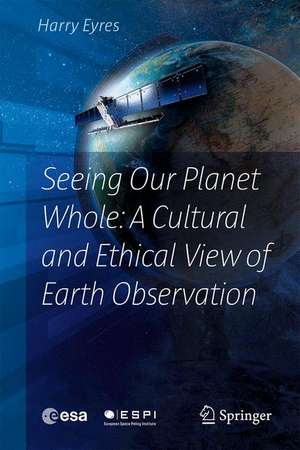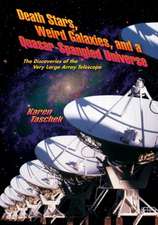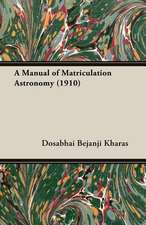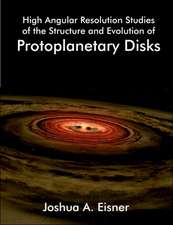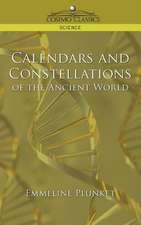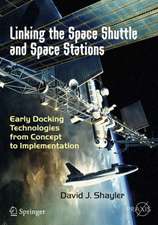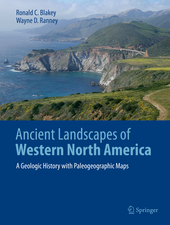Seeing Our Planet Whole: A Cultural and Ethical View of Earth Observation
Autor Harry Eyresen Limba Engleză Hardback – 3 oct 2016
| Toate formatele și edițiile | Preț | Express |
|---|---|---|
| Paperback (1) | 202.99 lei 3-5 săpt. | |
| Springer International Publishing – 16 iun 2018 | 202.99 lei 3-5 săpt. | |
| Hardback (1) | 211.13 lei 3-5 săpt. | |
| Springer International Publishing – 3 oct 2016 | 211.13 lei 3-5 săpt. |
Preț: 211.13 lei
Nou
Puncte Express: 317
Preț estimativ în valută:
40.40€ • 42.29$ • 33.43£
40.40€ • 42.29$ • 33.43£
Carte disponibilă
Livrare economică 15-29 martie
Preluare comenzi: 021 569.72.76
Specificații
ISBN-13: 9783319406022
ISBN-10: 3319406027
Pagini: 100
Ilustrații: XIII, 136 p.
Dimensiuni: 155 x 235 x 10 mm
Greutate: 0.39 kg
Ediția:1st ed. 2017
Editura: Springer International Publishing
Colecția Springer
Locul publicării:Cham, Switzerland
ISBN-10: 3319406027
Pagini: 100
Ilustrații: XIII, 136 p.
Dimensiuni: 155 x 235 x 10 mm
Greutate: 0.39 kg
Ediția:1st ed. 2017
Editura: Springer International Publishing
Colecția Springer
Locul publicării:Cham, Switzerland
Cuprins
Introduction.- Cosmology and astronomy from pre-history to the Roman Empire.- Aquinas to Newton.- The Enlightenment, the Romantic Rebellion, the Industrial Age, the nature conservation movement and total war.- The post-war period and the rise of ecological consciousness.- Non-western cultures' attitudes to environment.- The ethical dimension: the slow evolution of environmental ethics.- A short history of earth observation.- The resistances.- The aesthetic dimension.- Earth observation for whom? Towards an environmental democracy.- Conclusion.- Epilogue.
Recenzii
“Throughout this work, Eyres urges an informed citizenry to take an active part in the care of Earth’s resources. The text contains helpful footnotes … . Summing Up: Recommended. All readers.” (M. Dickinson, Choice, Vol. 54 (9), May, 2017)
Notă biografică
Harry Eyres has become one of the most eloquent advocates of the worldwide Slow movement. He holds an MA in English from Trinity College, Cambridge (where he was an Entrance and Senior Scholar), the Diploma de Estudios Hispanicos from Barcelona University and an MSc in Environmental Assessment and Evaluation from LSE, where he graduated with a Distinction. Having worked for leading newspapers and magazines as a theatre critic, wine writer and poetry editor, in 2004 he created the weekly Slow Lane column in FT Weekend, which ran for eleven years until April 2015. Slow Lane covered cultural and environmental themes and consistently advocated a less consumption-focussed lifestyle. Eyres is also the author of The Beginner’s Guide to Plato’s The Republic (Hodder & Stoughton), the memoir Horace and Me: Life Lessons from an Ancient Poet (Bloomsbury: short-listed for the PEN/Ackerley Prize in 2014), and several books on wine. He lives in London.
Textul de pe ultima copertă
This book shows how our new-found ability to observe the Earth from “the necessary distance” has wide and profound cultural and ethical implications. First of all, it is the outcome of speculations and investigations of human beings in relation to their home planet carried out over millennia. In particular, it reveals a split between the ancient idea of the Earth as nurturing mother and the more recent conception of the Earth as a neutral resource able to be infinitely exploited by humankind. The 1968 Earthrise photograph, showing the beauty and fragility of the Earth, helped spark a worldwide environmental movement; now the comprehensive coverage of global change provided by satellites has the potential to convince us beyond reasonable doubt of the huge alterations being wrought upon the Earth and its climate system as a result of human actions, and of the need to act more responsibly.
Caracteristici
Takes a uniquely broad view of earth observation, by focussing less on techno-scientific questions and more on cultural and ethical implications Provides a timely new angle on climate change and other environmental concerns by showing how satellite earth observation can transform our knowledge, understanding and feelings Looks at the implications for environmental democracy of the free and open access policy for satellite Earth Observation data
